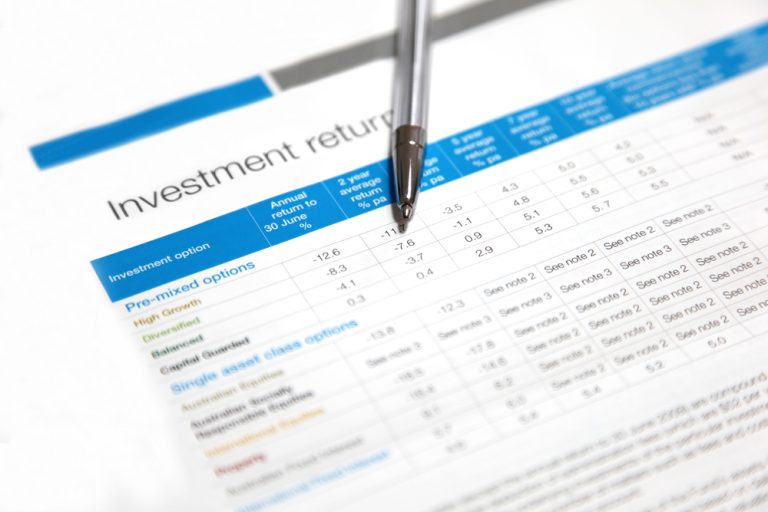Investing for income
Share markets are renowned for taking unexpected downturns and while history shows that markets eventually recover, this rebound in value can occasionally take time. Investors concerned about this risk might consider a stronger focus on income-generating investments. These can range from those that have no potential to lose capital value to ones with a higher risk of capital loss. Outlined below are some options. Investments with no ‘growth’ component The following will give you back what you put in plus interest: Online savings accounts pay a higher rate of interest because there is less cost involved in managing these accounts. The customer “does all the work” meaning the bank doesn’t need to allocate staffing resources. Interest on these accounts can vary substantially between providers and there can be enticing offers of extra or bonus interest for new customers or if you maintain a certain balance. The best advantage of these accounts is that you have access 24/7 to your funds. Cash management trusts are investment products which pool the deposits of other unit holders for investment in cash securities. Interest is calculated daily. There are no entry fees but most charge management fees. They frequently have minimum withdrawal amounts and may require notice to withdraw funds, however the trustee can decide to restrict withdrawals if it deems this is necessary in the best interests of the trust investors. CMTs are good for holding cash that is not needed for everyday living but offer easier access than term deposits. Term deposits can pay a higher interest rate than cash management trusts, although in more recent years, rates on term deposits are close to those offered for online savings accounts. The downside is that your funds are unavailable for the deposit term and penalties apply if you withdraw your money before the term expires. Terms range from three months to several years so you can choose the timing to suit your needs. Income can be paid regularly or at the end of the term. Investments that adjust in value to interest rates in the market: Fixed interest managed funds invest in bonds and bank bills, known as debt securities. Like cash management trusts, they pool investors’ funds to provide access to investments at the big end of the market. These are often used as the fixed interest component in a portfolio. They can have a wide range of fees depending on the underlying investments and may have a small growth component. Convertible notes are offered by companies and unit trusts. They can offer a good interest rate and at the end of the specified term the investor can choose to convert the notes to shares in the company or get their cash back. These are frequently traded on the stock exchange. The sale price depends on the market interest rates and market attitude to the company. Hybrid securities are investments that combine the elements of debt and equity. They are offered by companies that borrow from their investors and pay back the interest. However, if the company disappoints the market the underlying value can reduce. These securities generally have long terms (eg. 50 years) and can only be sold on the stock exchange if there is demand. Investments that have a growth component plus good income potential: Some Australian shares regularly offer fully franked dividends and also give you access to the tax benefits of imputation credits. To get the most from shares they should be held for the long term. Listed and unlisted property trusts are investments that pool investors’ funds to purchase real estate, usually commercial property. Depending on the types of property investments held, they can provide a higher level of income, some of which may be tax-free or tax-deferred. Listed property trusts are traded on the Australia Stock Exchange and provide more liquidity than unlisted trusts. The answer – a balanced portfolio For most investors the best solution is to have a ‘balanced’ portfolio – that is, a selection from each of the different market sectors. This should be tailored to the individual’s needs, providing the level of income required at an appropriate level of risk. To determine what suits your circumstances and needs best, consult with a licensed financial adviser. The information provided in this article is general in nature only and does not constitute personal financial advice.


